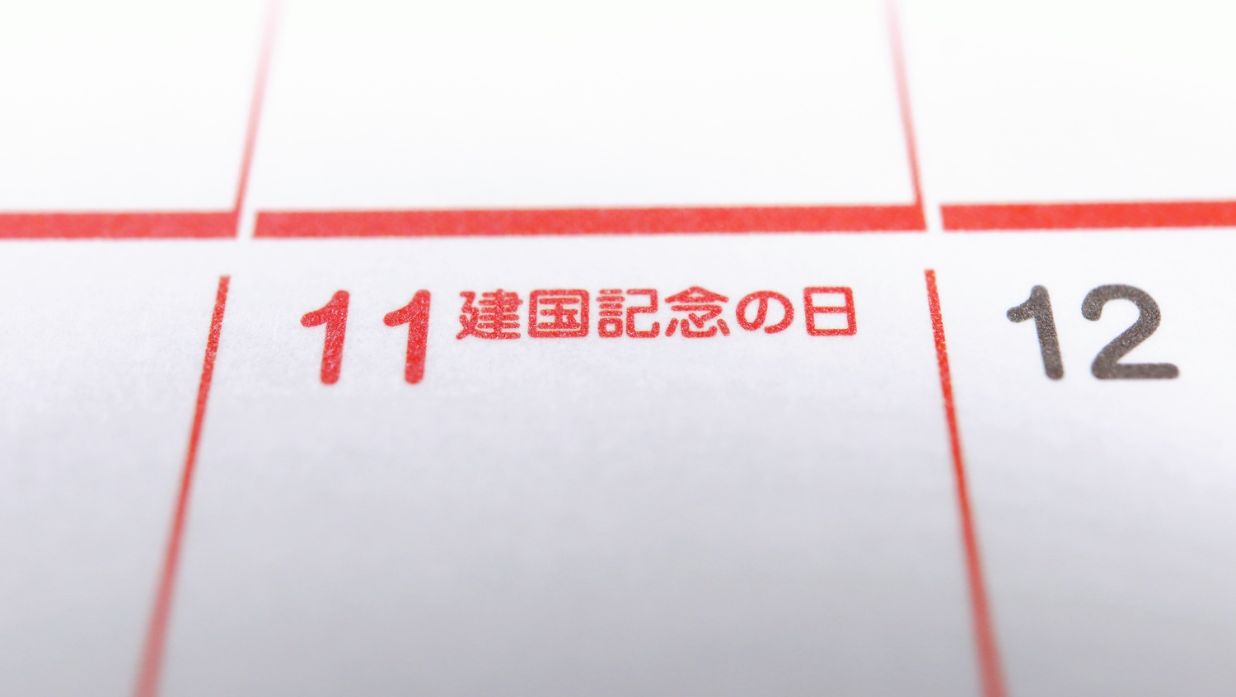11 Ways To Say “No” In Japanese: Iie, Iya, Dame & More
Saying ‘no’ in Japan is a tricky subject. The Japanese will rarely give a direct no to an answer, preferring instead to give an indirect answer that conveys the message of no.

Saying ‘no’ in Japan is a tricky subject. The Japanese will rarely give a direct no to an answer, preferring instead to give an indirect answer that conveys the message of no.

Learn about the word Senpai and its meaning in Japanese and English in this latest A-I-U-E-O Learning Blog.

Due to its somewhat controversial origins, National Foundation was abolished following the post-war constitution, but it subsequently bounced back 20 years later. We wonder, does it still hold the same meaning?

Culture Day isn’t dedicated to Japanese culture alone, but whilst we are in Japan, how can we further appreciate the arts here?

Sports and Health Day in Japan is more closely associated with exercise, the community and healthy-eating, but is there anything else we should pay attention to?

Far from being a new practice, the foundations of Autumnal Equinox Day were actually laid out centuries ago. But, many moons later, are the origins of this holiday still relevant today?

The values behind Respect-for-the-Aged Day are important reminders for all of us. But why?

Japanese honorifics are suffixes or prefixes used to show respect or familiarity when addressing other people. How do you use them?
